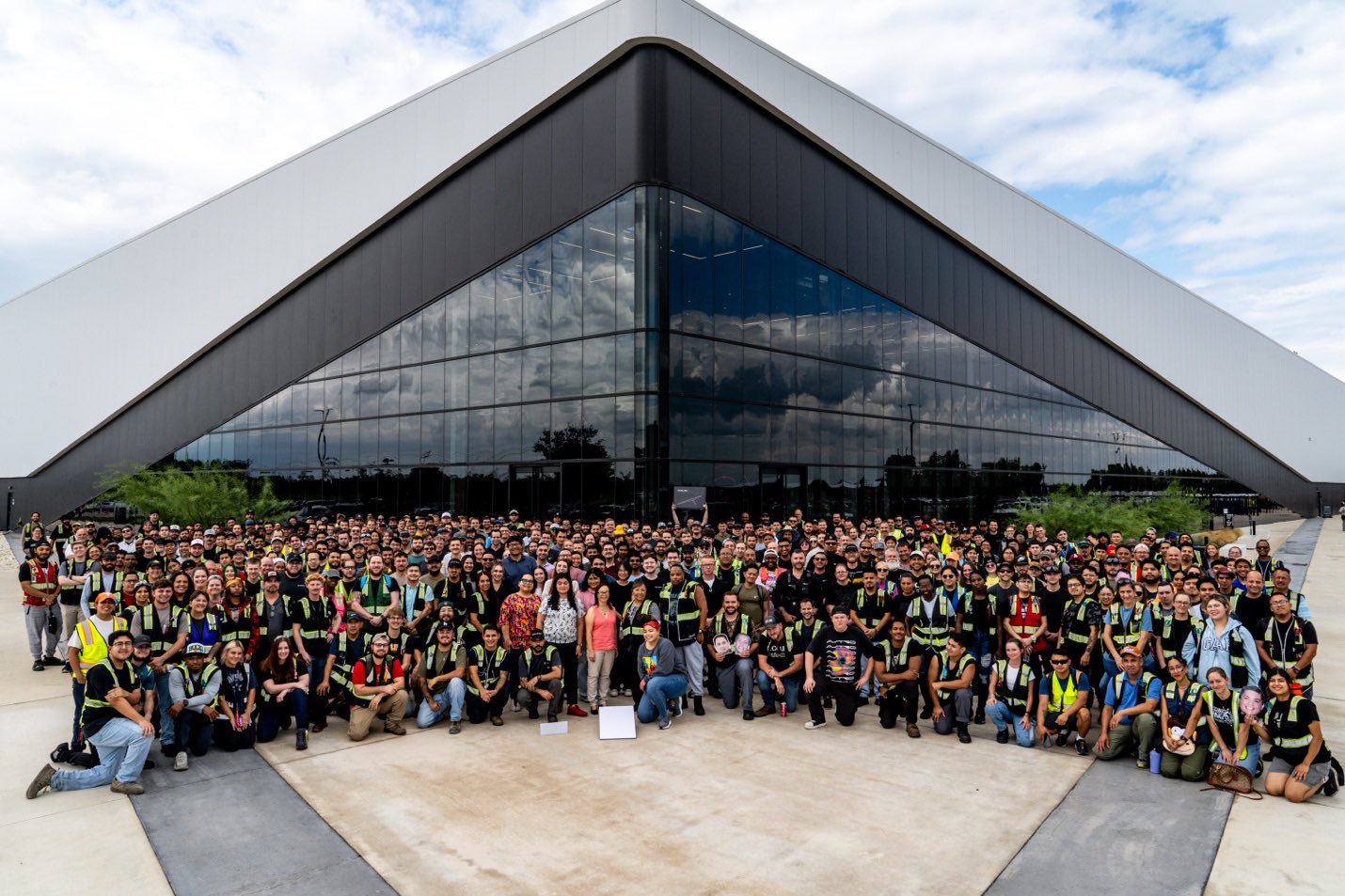Starlink’s Entry Shakes Up Kenya’s Internet Market, Sparking Fierce Debate
Elon Musk’s satellite internet venture, Starlink, has made waves in the Kenyan market by offering competitive prices and faster speeds, challenging existing internet service providers (ISPs) and prompting a lively debate over internet costs in the country.
Starlink currently offers a 50-gigabyte data plan for Sh1,300, branded as the “Starlink Standard – 50 GB.” This package provides high-speed internet at residential addresses across Kenya, and users can conveniently purchase bundles using popular mobile payment platforms like M-Pesa and Airtel Money.
With the cost translating to Sh26 per gigabyte and speeds of up to 220 Mbps, Starlink’s offer is significantly more affordable than the national average price of $0.59 (Sh76.20) per gigabyte. It is also over 20 times faster than Kenya’s average internet speed of 9.78 Mbps, as reported by the Communication Authority (CA).
Local ISPs Feel the Heat
The impact of Starlink’s arrival has been swift, causing concerns among local providers. Safaricom, the country’s leading telecommunications company, has lobbied the CA to prevent foreign satellite internet providers from operating independently. In a memo dated 15 July, Safaricom urged the regulator to ensure such companies partner with a local licensee to operate in Kenya.
However, public opinion seems to favour opening up the market. Many Kenyans have taken to social media to criticise Safaricom’s stance, accusing it of being afraid of competition. Telecommunications experts like James Buluma have also weighed in, supporting liberalisation as long as incoming providers adhere to local regulations.
Buluma acknowledged that while Kenya boasts some of the most affordable internet rates in the world, growth has been slower compared to countries like Malawi, Somalia, Nigeria, Ghana, and Rwanda, which are closing the gap. In Kenya, the average cost of a gigabyte of mobile data is $0.59 (Sh76.20), placing it 57th globally in terms of affordability, down from Sh112 in 2020, according to a survey by World Mobile Data Pricing.
Internet Cost and Accessibility
Despite recent improvements, Kenya still trails behind regional peers. For example, Malawi charges just $0.38 (Sh49) per gigabyte, with Nigeria, Ghana, and Somalia following closely at $0.39, $0.40, and $0.50 respectively. Fixed internet services, which are generally more reliable, also remain relatively expensive, with Kenyans paying an average of $1.76 (Sh280.8) per Mbps. This is more than double the cost in South Africa ($0.60) and Egypt ($0.16).
Kenya also lags behind in internet speed, with an average broadband speed of 9.78 Mbps, far below South Africa’s 49.71 Mbps, Nigeria’s 26.48 Mbps, Morocco’s 36.53 Mbps, and Egypt’s 22.11 Mbps. The global average stands at 48.61 Mbps.
While Kenya’s internet charges are considered reasonable compared to global and African averages of $2.12 and $3.31 per Mbps, calls for further price reductions persist as internet usage becomes a daily necessity, taking up a significant portion of household incomes.
The Impact on Households and Economy
Research by the Nuvoni Centre for Innovation shows that lower-middle-income households in urban Kenya, earning around Sh30,000 per month, spend at least 15% of their income on the internet, ranking it fourth among essential expenses after food, shelter, and clothing. Kenyans reportedly spend an average of 3 hours and 35 minutes online daily, mainly on social media, which has less economic value compared to South Africa, where people spend an average of 9 hours and 24 minutes online daily, with only 3 hours and 41 minutes on social media.
High costs, unreliable service, and governance issues have limited internet access for many Kenyans, reducing its role from a tool for economic development to mainly an entertainment medium. As of January 2024, Kenya had 22.71 million internet users, representing 40.8% of the total population, a 2% increase from the previous year.
Despite significant government investment in infrastructure — including the construction of 8,419 kilometres of optic fibre in remote areas and the deployment of 2,261 new public Wi-Fi hotspots since October 2022 — internet affordability remains a challenge. Other East African Community (EAC) states also face similar issues, with Burundi ranking as the least affordable country for broadband.
Starlink’s Competitive Strategy
Starlink is trying to make its services more accessible, offering promotional discounts and reducing its standard hardware cost from Sh89,000 to Sh39,500. However, as Stanley Mageto of InternetBox points out, this amount is still out of reach for many Kenyans.
The question remains whether Starlink’s entry will bring about the much-needed competition to lower costs and improve internet quality, or whether existing players will successfully lobby to maintain the status quo.
